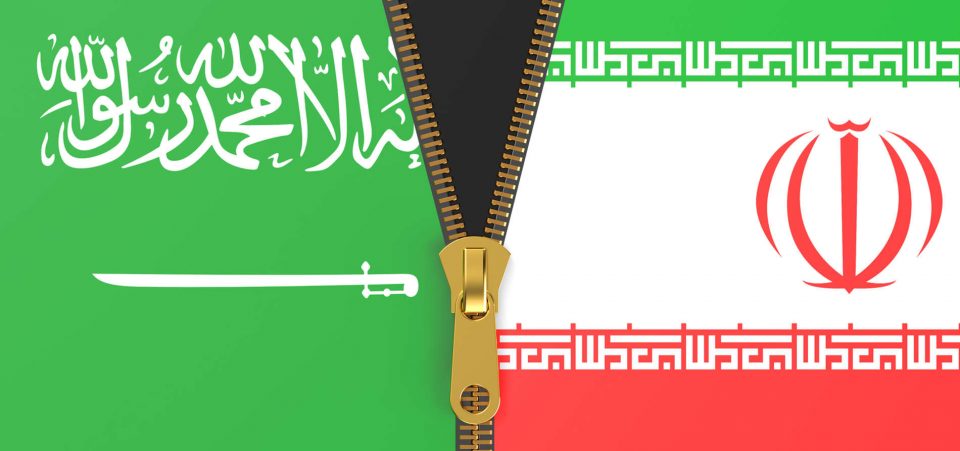Saudis Offer Output Cut If Iran Reciprocates
As oil-producing nations prepare to meet next week in Algiers, Algeria for the Organization of the Petroleum Exporting Countries (OPEC) meeting, efforts are on to get the oil cartel’s two biggest producers and archrivals, Iran and Saudi Arabia, to agree on production cuts.
Speculations are rife before the meeting that the largest producer, Saudi Arabia, is willing to cut its production if Iran does the same. According to Reuters, three unnamed sources have confirmed that the Saudis are willing to take the initiative by cutting its output to levels seen early this year if Iran reciprocates. (Source: “Saudis offer oil cut for OPEC deal if Iran freezes output: sources,” Reuters, September 23, 2016.)
But chances of such an agreement are slim, given the history of mistrust between the two largest oil producing countries in OPEC. Both Iran and Saudi Arabia are facing one of the worst political rivalries in recent history due to growing political conflicts in the Middle East and their involvement with competing factions in Syria and Yemen.
And this is happening at a time when non-OPEC producers like Russia are supplying oil to already-oversupplied markets at a record pace. Russia is shipping more than 800,000 barrels a day of additional crude into the global market this month alone.
Adding to this never-ending glut, Libya and Nigeria have restored their disrupted supplies, according to a report by Bloomberg. (Source: “OPEC Under Pressure to Act in Algiers as Surplus Grows,” Bloomberg, September 23, 2016.)
Iran, which recently resumed its supplies to the world markets after an agreement with Western powers over its nuclear program, is producing 3.6 million barrels a day. (Source: Reuters, September 23, 2016, op cit.)
Saudi Arabia’s stand on controlling oil supplies isn’t new; they’ve previously offered a similar arrangement of the oil output cut to Iran, but it didn’t work. Judging by the reaction in the oil market, it doesn’t seem that traders believe that an output cut agreement is coming soon.
Crude oil prices barely changed today, trading at $46.36 a barrel in New York. The current price level shows that oil prices are back to where they were a year ago, as traders don’t see a credible plan by producers to counter the oversupply challenge plaguing the market since mid-2014.






